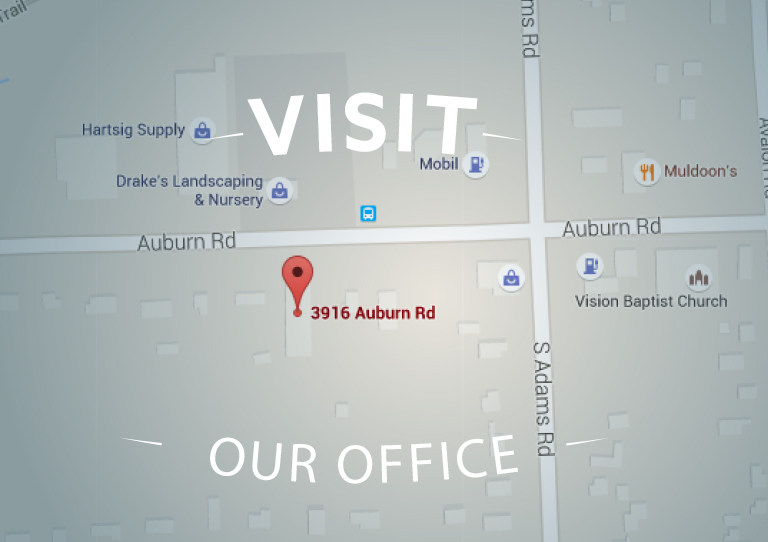 Having to deal with an achy or sore jaw can sometimes be confusing. Unlike a toothache, the discomfort in your jaw area may not have an obvious point of origin, and it can impact several other areas of your oral health, as well. Fortunately, this doesn’t mean that jaw discomfort is impossible to address, or that you’ll need complex oral health treatment to alleviate it. Today, we explore a few possible reasons for your jaw discomfort, and how these conditions can affect your long-term oral health and bite function.
Having to deal with an achy or sore jaw can sometimes be confusing. Unlike a toothache, the discomfort in your jaw area may not have an obvious point of origin, and it can impact several other areas of your oral health, as well. Fortunately, this doesn’t mean that jaw discomfort is impossible to address, or that you’ll need complex oral health treatment to alleviate it. Today, we explore a few possible reasons for your jaw discomfort, and how these conditions can affect your long-term oral health and bite function.
You grind your teeth too often
Chronic teeth-grinding, a condition that’s often known as bruxism, can have a direct impact on several aspects of your oral health. For example, the longer you grind your teeth, the more damage you’ll cause your tooth structure and the greater risk you’ll be at experiencing serious tooth issues. Also, the pressure from clenching and grinding your teeth together so often can begin to affect the joints and muscles that control your jaw’s movement. Over time, this can cause them to grow exhausted and, in some cases, become damaged or forced out of alignment.
Your bite isn’t aligned properly
Grinding your teeth together isn’t the only way in which you can overwork your jaw joints and muscles, causing them to hurt. For instance, if your teeth aren’t aligned properly and you haven’t sought treatment to straighten them, then your entire smile may have to accommodate the misalignment in different ways. For your bite to work properly when it needs to, this accommodation can include your jaw joints and muscles shifting and working harder than usual to keep your teeth straight enough. This can place a great strain on the joints and muscles that control your jaw movement, and can lead to several forms of joint damage, muscle fatigue, and other oral health concerns.
You have a TMJ disorder
In many cases, the common conditions that can lead to jaw pain and discomfort can also lead to, or at least be a factor in, the development of TMJ disorder. Named for the temporomandibular joint (TMJ) on either side of your skull, TMJ disorder describes serious damage, misalignment, or other injury to one or both of your jaw joints. The discomfort that can arise when your TMJ is damaged can often be intense. Because of the joints’ close proximity to your cranial nerves, the disorder can also lead to a variety of other chronic aches and pains, including headaches and migraines.
Learn what’s causing your jaw discomfort
If your jaw hurts or seems to have trouble functioning properly, there could be a variety of underlying reasons why. To learn more, schedule an appointment or initial consultation by calling Advanced Dental Concepts in Auburn Hills, MI, today at (248) 852-1820.



